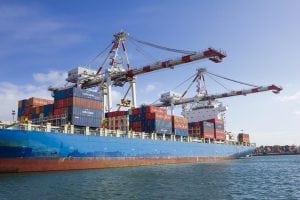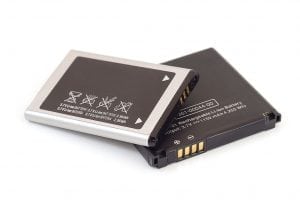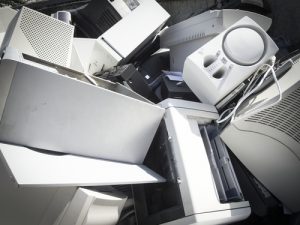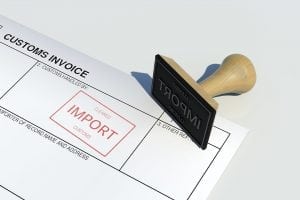
Thai government leaders have taken steps to permanently ban the import of hundreds of types of end-of-life electronics.

Thai government leaders have taken steps to permanently ban the import of hundreds of types of end-of-life electronics.
 Electronics and appliance recycling requirements now in effect in Hong Kong are boosting the amount of material processed by Alba Integrated Waste Solutions.
Electronics and appliance recycling requirements now in effect in Hong Kong are boosting the amount of material processed by Alba Integrated Waste Solutions.
 GPS trackers used in a United Nations-funded study showed Australian e-scrap was exported to Hong Kong, according to the Basel Action Network.
GPS trackers used in a United Nations-funded study showed Australian e-scrap was exported to Hong Kong, according to the Basel Action Network.

Global e-scrap flows have helped China dominate lithium-ion battery recycling but have hampered similar efforts in North America, according to a recently published report.

Asian governments continue to tighten their restrictions on imports of scrap material, including a temporary ban on plastic in Malaysia.
 The Basel Action Network is pushing Hong Kong authorities to take action against a multinational company that has been accused of e-scrap import violations.
The Basel Action Network is pushing Hong Kong authorities to take action against a multinational company that has been accused of e-scrap import violations.

Pathum Thani/Thailand- June 8, 2018: The Royal Thai Police investigating an e-scrap facility in Thailand.
The owner of a Thai e-scrap facility that was visited by police last month denies illegal activities were occurring at the location.
 The government of Thailand has banned all e-scrap from entering its ports, amid a major increase in shipments to the country.
The government of Thailand has banned all e-scrap from entering its ports, amid a major increase in shipments to the country.
Chris Brandt of BAN’s EarthEye program installing a tracker in a printer. Copyright BAN.
The Basel Action Network has launched a commercial tracking service to monitor e-scrap flows, and its first customer is an OEM that was lambasted by the watchdog group over exports two years ago.
 The U.S. will enact tariffs on $50 billion worth of Chinese products beginning July 6. Vowing retaliation, China released its own list of U.S. products to target in July.
The U.S. will enact tariffs on $50 billion worth of Chinese products beginning July 6. Vowing retaliation, China released its own list of U.S. products to target in July.

